Exposure to a virus isn’t an all-or-nothing proposition. The concept of “infectious dose” suggests ways to keep ourselves safer from harm.


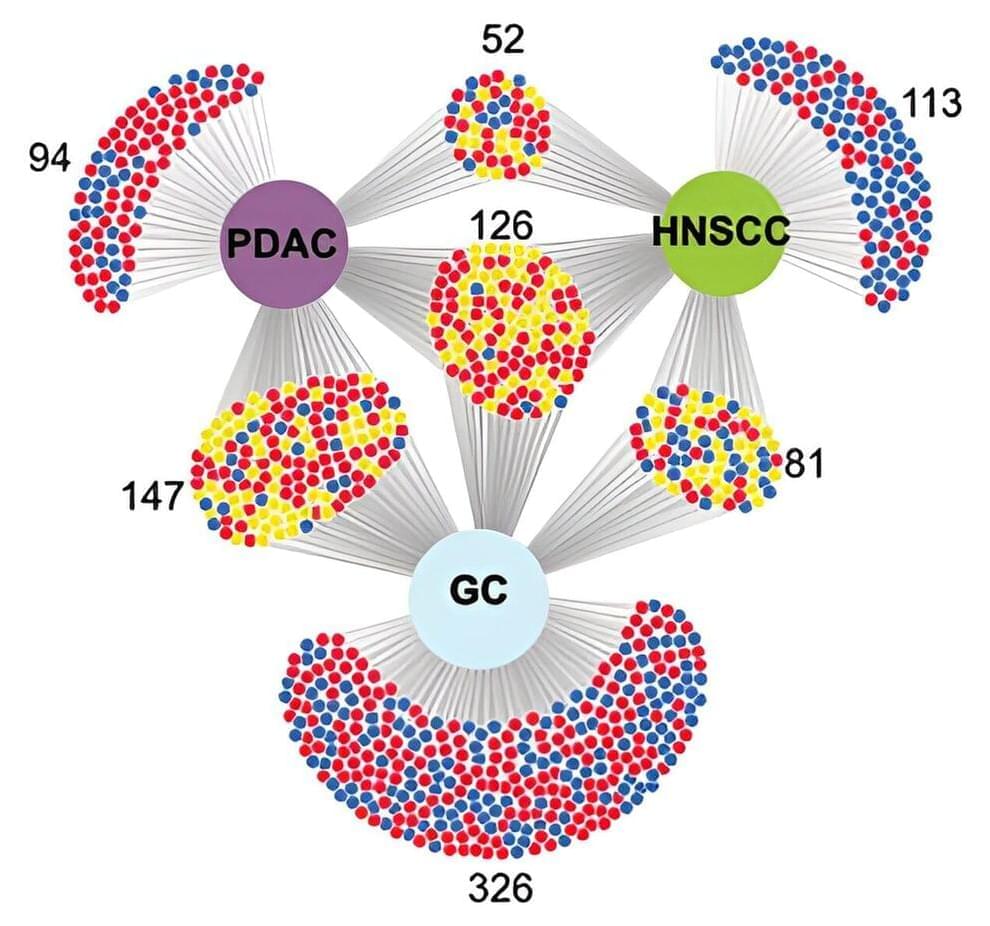
Cancer tumors hijack the genetic program used by developing nerves. This is shown in a study published in the journal Frontiers in Genetics by researchers at Umeå University. In the long term, the results may open up new ways of treating cancer by limiting the tumor’s interaction with the nerves.
“We are still only early in the research, but this opens up exciting opportunities to fight cancer in the body in a completely new way,” says Sara Wilson, associate professor of neurobiology at the Department of Integrative Medical Biology at Umeå University.
In cancer, there is an interaction between tumors and nerves. You could say that the tumor talks to the nervous system. The researchers believe that by interpreting this “conversation,” it will later be possible to find ways to break it and thus slow down the cancer or reduce the risk of it spreading.
Join Dr. Ralph W. Moss and Ben Moss as they delve into the science of tomatoes and their potent component, lycopene. Uncover the groundbreaking research that positions lycopene as a significant agent against cancer. Discover the fascinating journey of lycopene from the humble tomato to its swift presence in our bloodstream, fueling our body’s defense mechanisms. This episode is a compelling look into how nature equips us with powerful tools to combat disease, and offers practical insights on maximizing the benefits of tomatoes in our diet.
Articles Cited in this Episode:
Karppi J, Kurl S, Nurmi T, Rissanen TH, Pukkala E, Nyyssönen K. Serum lycopene and the risk of cancer: the Kuopio Ischaemic Heart Disease Risk Factor (KIHD) study. Ann Epidemiol. 2009 Jul;19:512–8. doi: 10.1016/j.annepidem.2009.03.017. Epub 2009 May 13. PMID: 19443241.
https://www.sciencedirect.com/science/article/abs/pii/S10472…via%3Dihub.
Kim JY, Paik JK, Kim OY, Park HW, Lee JH, Jang Y, Lee JH. Effects of lycopene supplementation on oxidative stress and markers of endothelial function in healthy men. Atherosclerosis. 2011 Mar;215:189–95. doi: 10.1016/j.atherosclerosis.2010.11.036. Epub 2010 Dec 9. PMID: 21194693.

Insilico Medicine, a clinical-stage generative AI-driven drug discovery company has announced that the company has used Microsoft BioGPT to identify targets against both the aging process and major age-related diseases.
Longevity. Technology: ChatGPT – the AI chatbot – can craft poems, write webcode and plan holidays. Large language models (LLMs) are the cornerstone of chatbots like GPT-4; trained on vast amounts of text data, they have been contributing to advances in diverse fields including literature, art and science – but their potential in the complex realms of biology and genomics has yet to be fully unlocked.
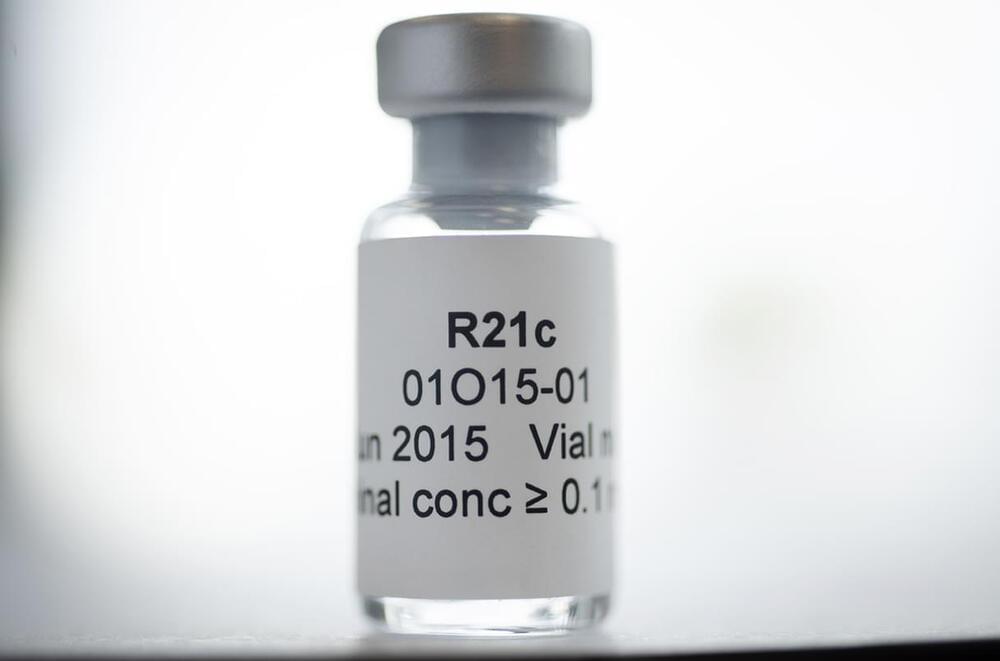
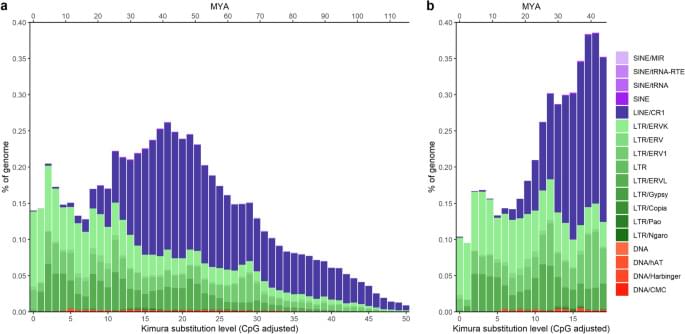
The effect of a TE on its host can be classified analogous to the effect of point mutations. In the majority of cases, the consequences of a TE their activity (transposition to a new genomic site) is either neutral or deleterious. The latter occurs, when TEs disrupt genes and their functions, or when, they trigger de-novo genomic instability by transposition or TE-mediated chromosomal rearrangements, which can lead to disease1, 3. TEs can occasionally have a positive impact on the host genome, for example, by impacting gene regulatory networks. In the British peppered moth (Biston betularia), a TE inserted within the first intron of the cortex gene, resulted in increased transcription levels, subsequently affecting cell cycle regulation during wing-disc development through the amount of cortex protein product, resulting in the iconic melanic form4. However, more research is needed to understand these different evolutionary impacts that TEs can have when interacting with their host genome.
The increased accessibility to high throughput sequencing technologies has greatly increased our ability to analyse genetic differences caused by changes at the nucleotide level, and patterns of natural selection on coding sequences, and simultaneously allowed us to disentangle phenotypic differences at the nucleotide level. Mounting evidence has started to shed light on non-coding regions having important effects on genomic variation3. While TEs can be found in the genomes of virtually all organisms, large proportions of TEs are often absent from reference genomes, as their repetitive nature impedes their assembly and can result in collapsed regions within the reference genome2, 5. These difficulties have led to an increased demand for reference genomes that are of a higher quality and are more complete. More importantly, a new demand for high-quality annotations of non-coding regions in reference genomes has surfaced. Annotations of non-coding regions are imperative to study the evolution of these regions between and within species. Improvements in sequencing techniques, especially the addition of long-read sequencing, and improved bioinformatic analytical tools are resulting in the assembly of increasingly gapless reference genomes, enabling the curation of high-quality TE annotations.
The current efforts of large consortia, such as the VGP6 and the B10K7 to create high-quality references for a wide variety of organisms provide invaluable data to improve our endeavours for a better understanding of TEs. With these new resources we can take our research into TEs and their effects on host genomes further, for example, to better understand the evolution of complex traits across phylogenomic scales. One such a complex trait is seasonal bird migration and recent research across a migratory divide in willow warblers identified a diagnostic TE correlated with migratory direction8. Here we focus on the Eurasian blackcap (Sylvia atricapilla), another iconic model species for bird migration, and consequently, the resource published here may be able to add insight to the quest to resolve the genetic background of migratory behaviour.
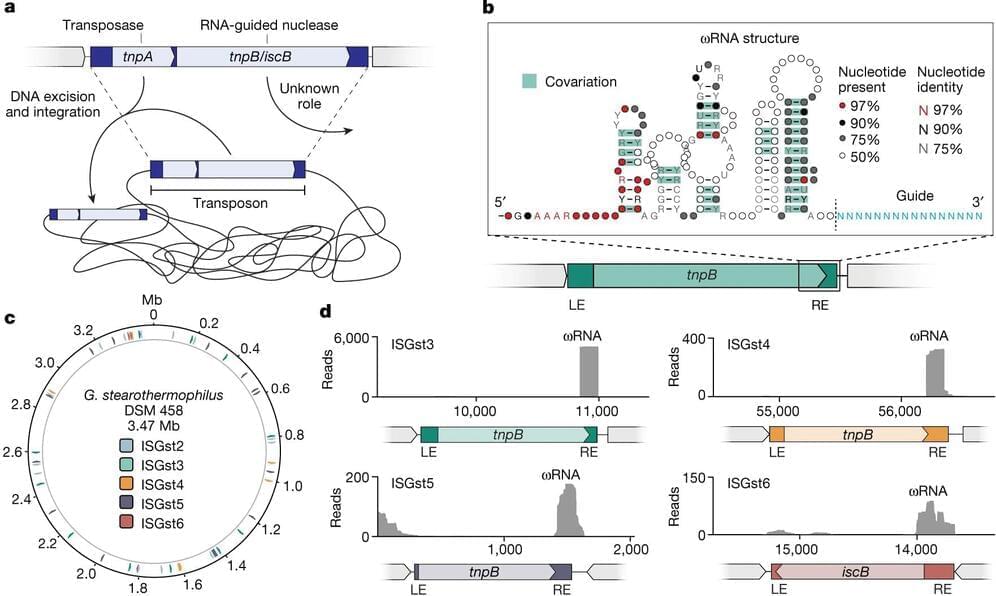
Genome engineering may be the future of medicine, but it relies on evolutionary advances made billions of years ago in primordial bacteria, the original masters of gene editing.
Modern day genome engineers like Columbia’s Sam Sternberg are always looking forward, modifying these ancient systems and pushing them to perform ever more complex feats of gene editing.
But to uncover new tools, it sometimes pays to look backward in time to understand how bacteria first created the original systems, and why.
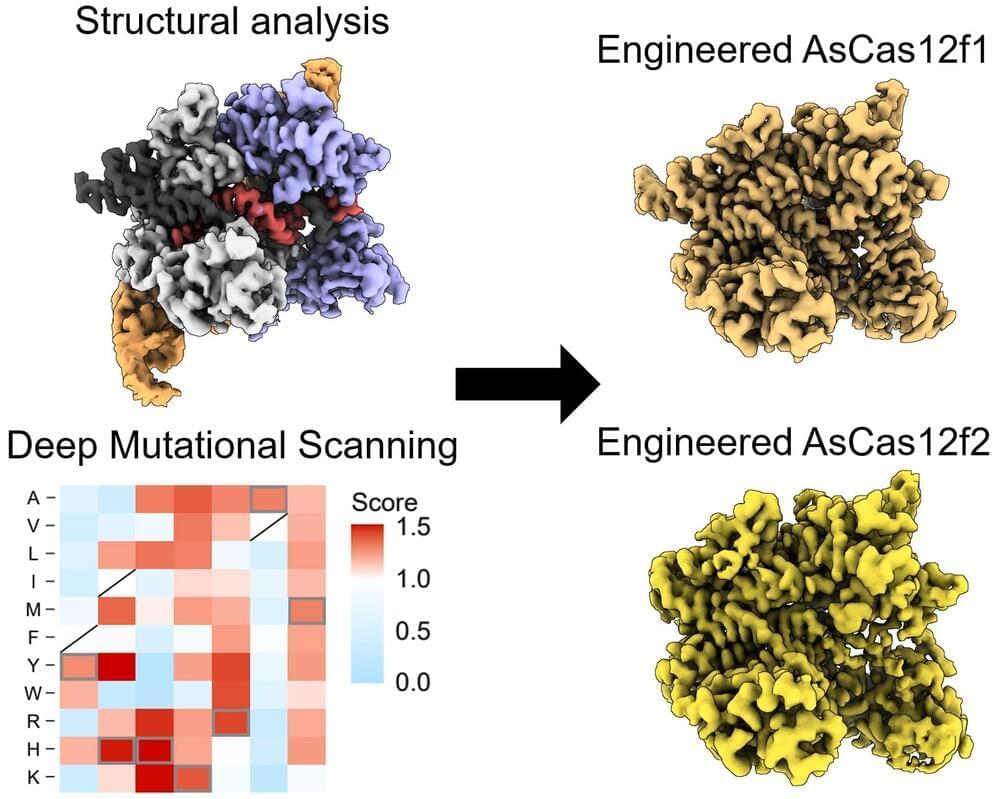
A new CRISPR-based gene-editing tool has been developed which could lead to better treatments for patients with genetic disorders. The tool is an enzyme, AsCas12f, which has been modified to offer the same effectiveness but at one-third the size of the Cas9 enzyme commonly used for gene editing. The compact size means that more of it can be packed into carrier viruses and delivered into living cells, making it more efficient.
Researchers created a library of possible AsCas12f mutations and then combined selected ones to engineer an AsCas12f enzyme with 10 times more editing ability than the original unmutated type. This engineered AsCas12f has already been successfully tested in mice and has the potential to be used for new, more effective treatments for patients in the future.
By now you have probably heard of CRISPR, the gene-editing tool which enables researchers to replace and alter segments of DNA. Like genetic tailors, scientists have been experimenting with “snipping away” the genes that make mosquitoes malaria carriers, altering food crops to be more nutritious and delicious, and in recent years begun human trials to overcome some of the most challenging diseases and genetic disorders.
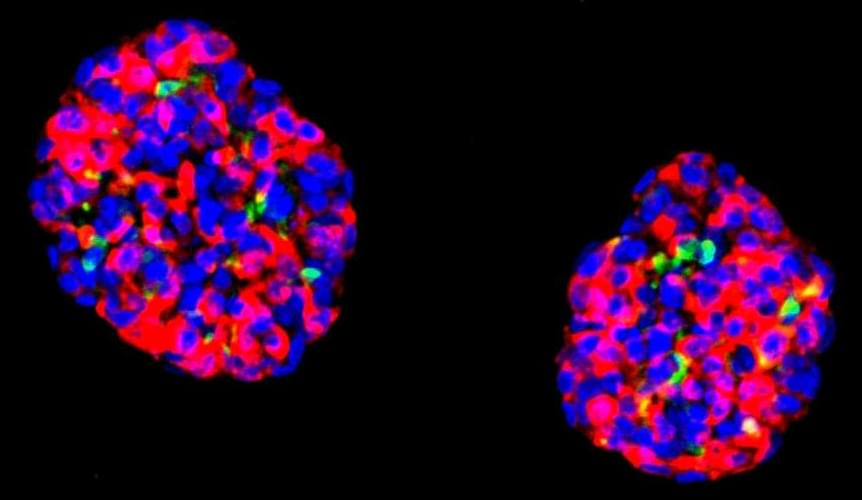
Stem cells from the human stomach can be converted into cells that secrete insulin in response to rising blood sugar levels, offering a promising approach to treating diabetes, according to a preclinical study from researchers at Weill Cornell Medicine.
In the study, which appeared April 27 in Nature Cell Biology, the researchers showed that they could take stem cells obtained from human stomach tissue and reprogram them directly—with strikingly high efficiency—into cells that closely resemble pancreatic insulin-secreting cells known as beta cells. Transplants of small groups of these cells reversed disease signs in a mouse model of diabetes.
“This is a proof-of-concept study that gives us a solid foundation for developing a treatment, based on patients’ own cells, for type 1 diabetes and severe type 2 diabetes,” said study senior author Dr. Joe Zhou, an associate professor of regenerative medicine and a member of the Hartman Institute for Therapeutic Organ Regeneration at Weill Cornell Medicine.
Ageing has always been inevitable but fasting, epigenetic reprogramming and parabiosis are just some of the scientific techniques that seem to help people stay young. Might the Peter Pan dream become real?
00:00 — Can science turn back the clock?
01:01 — Centenarians.
02:51 — What is ageing?
04:51 — Dietary restriction.
06:00 — Roundworms.
07:55 — Epigenetics.
09:43 — Blood and guts.
11:40 — Senolytics.
12:38 — Metformin.
13:51 — Anti-ageing treatments are coming.
Sign up to The Economist’s daily newsletter: https://econ.st/3QAawvI
Read the Technology Quarterly on longevity: https://econ.st/462fqto.
Christian Californians may have a solution to America’s obesity: https://econ.st/3EC4GG9
How to eat to 100: https://econ.st/3EwQTAq.